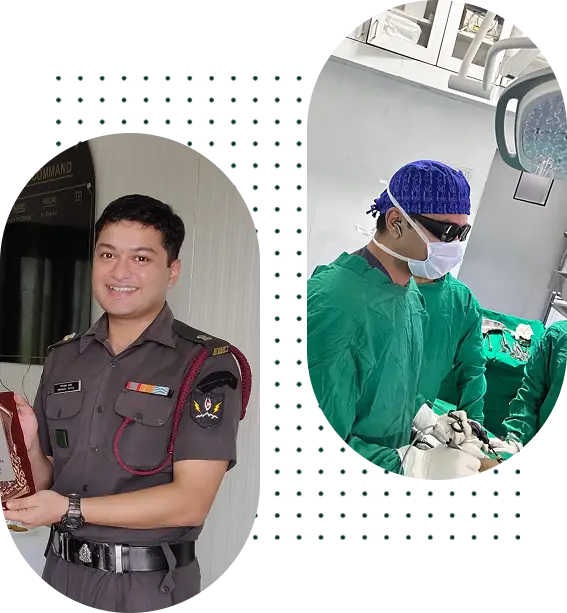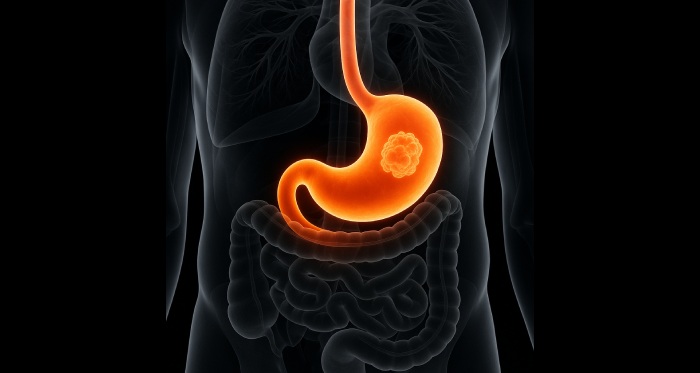Stomach Surgeon in Kolkata
Do you feel full too soon, lose weight without trying, or struggle with constant indigestion?
Is that gas problem refusing to go away?
When common stomach issues persist, they can sometimes point to something more serious, but often, they are related to non-cancerous conditions that require attention.
Dr. (Maj) Ranajoy Dutta, a highly skilled Stomach Surgeon in Kolkata, provides comprehensive care for various non-cancerous stomach conditions. With years of experience in abdominal surgery and digestive health, he offers expert Stomach Treatment in Kolkata, tailored to each patient’s needs, whether it’s for ulcers, obesity or other digestive disorders.
What are Stomach Surgeries?

Stomach Surgeries Types

Partial Gastrectomy
It is the removal of a portion of the stomach, usually for severe ulcers or non-cancerous growths.

Total Gastrectomy
The entire stomach is removed, typically required for conditions like severe ulcers or recurring bleeding.

Sleeve Gastrectomy
A large part of the stomach is removed to help with severe obesity, also known as weight-loss surgery.

Gastric Bypass Surgery
The stomach is divided and connected to the small intestine to reduce food intake and absorption, commonly used for obesity treatment.

Endoscopic Resection
Early-stage tumours or polyps are removed through an endoscope, avoiding open surgery, particularly useful for non-cancerous growths.
Stomach Surgery Causes

Call for Appointments
Begin your treatment journey with expert care. Schedule your appointment with Kolkata’s esteemed cancer specialist Dr. (Maj) Ranajoy Dutta today.

Stomach Surgery Symptoms

Stomach Surgery Diagnosis

Endoscopy

CT Scan

Barium X-ray
Stomach Surgery Treatment
Fill The Form
Contact Form

Make Appointment &
Take Care Of Your
Healthy Life

